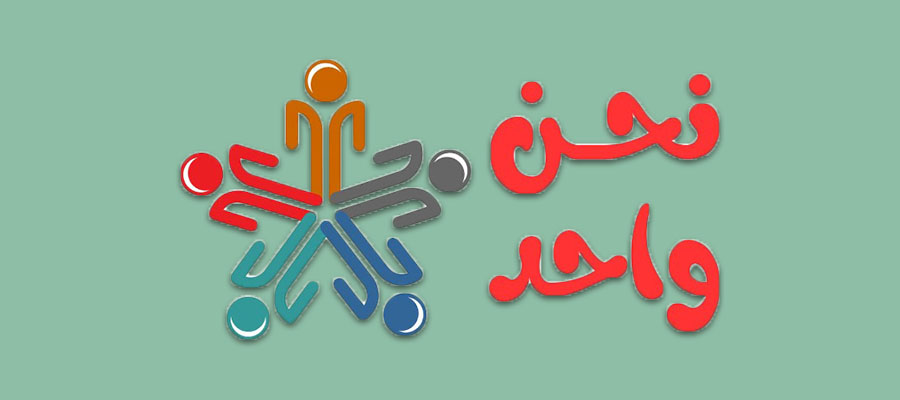
Combating Hate Speech: The Exception to Freedom of Expression
Iman Fadl El-Sayed
If freedom of expression is defined as the ability of an individual to express their thoughts without fear of retaliation, then addressing hate speech is the exception that restricts this freedom, as the harm caused by hate speech is greater than the harm caused by restricting it.
The scope of the right to freedom of expression is very broad and diverse, encompassing the expression of opinions, ideas, and beliefs that others may find offensive. However, when the offense reaches the level of disdain based on identity, whether directed at an individual or a group, it is completely unacceptable. In other words, any offense based on religion, ethnicity, nationality, race, color, origin, gender, or other identity-defining factors is unacceptable and must be strongly opposed.
Measures taken to combat hate speech must be in line with international human rights standards, particularly the right to freedom of opinion and expression. Therefore, journalists and media institutions, in particular, bear the greatest burden in combating the spread of such speech by balancing the value of freedom of expression with the higher value of preserving human dignity from any form of racial discrimination.
Hate speech often stems from deep-seated feelings of intolerance and hatred due to past grievances or entrenched societal culture. Therefore, combating this type of speech requires a coordinated response that addresses these issues at their roots, as they are the driving factors behind the speech, in addition to its impact on victims and communities at large.
Before imposing regulations and laws to combat hate speech, it is essential to understand its nature and forms so that everyone can reject and oppose it. For instance, a personal dispute involving insults between two individuals cannot be classified as hate speech unless the motives for the insults are based on abhorrent racial grounds.
In the digital age, it is crucial to focus on the new generation of digital citizens, empowering them to recognize and combat hate speech. Social media platforms should not be the main cause of its widespread and uncontrolled dissemination. The control we can create in digital media is by targeting the digital generation to take on this task.
There is no doubt that this requires broad coordination among various members and bodies of society to gather information and conduct research on key issues, including the underlying causes and motives of hate speech and the conditions leading to its emergence. Academic institutions and research centers play a crucial role in enhancing efforts to address these root causes and driving factors of hate speech.
We must first acknowledge the importance of monitoring and analyzing hate speech, which requires the capacity of concerned entities to identify the trends of hate speech, gather data, and analyze it. This role can be performed by various organizations, including human rights and media organizations.
Addressing the root causes of hate speech involves identifying the driving factors and key players to take necessary measures to mitigate its impact. Solidarity with the victims of hate speech and providing them with legal and psychological support is also essential.

